Researchers use carbon-based anodes with “bumpy” surfaces for Li-ion batteries that last longer in extreme cold
Green Car Congress
JUNE 10, 2022
the key to addressing the low-temperature capacity loss lies in adjusting the surface electron configurations of the carbon anode to reinforce the coordinate interaction between the solvated Li + and adsorption sites for Li + desolvation and reduce the activation energy of the charge-transfer process. . …

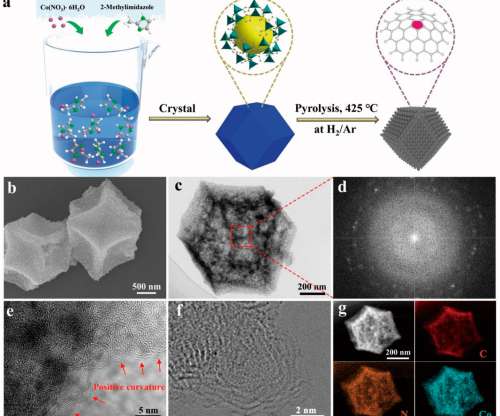




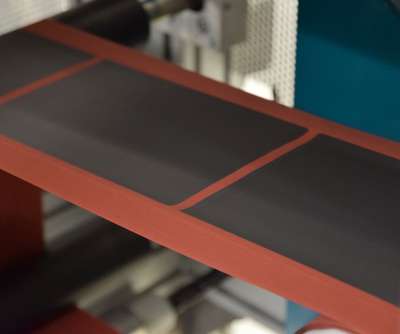
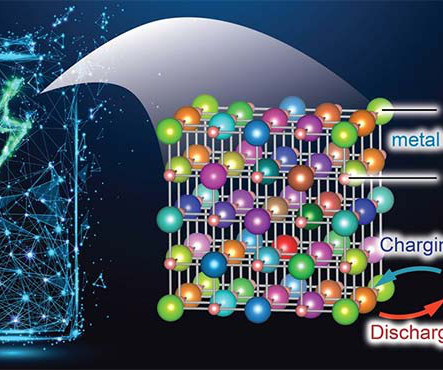
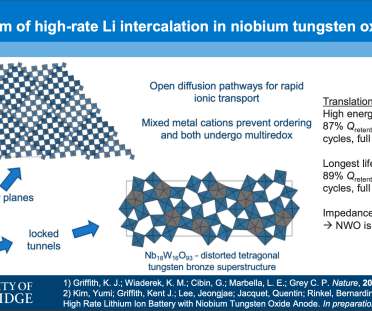


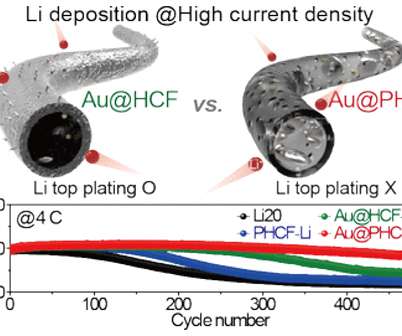

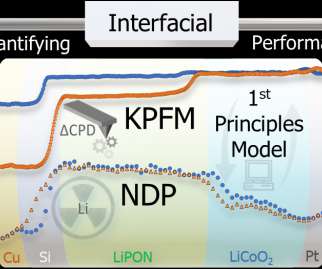




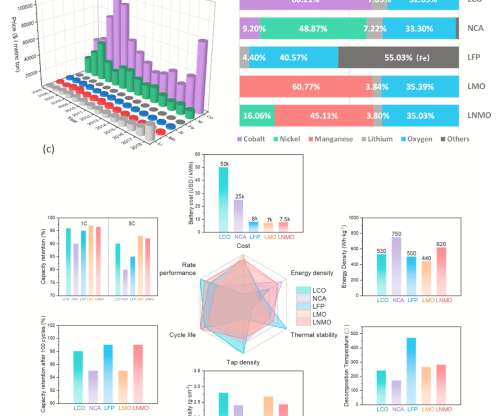

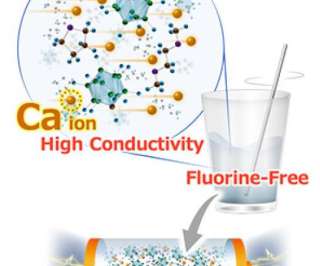

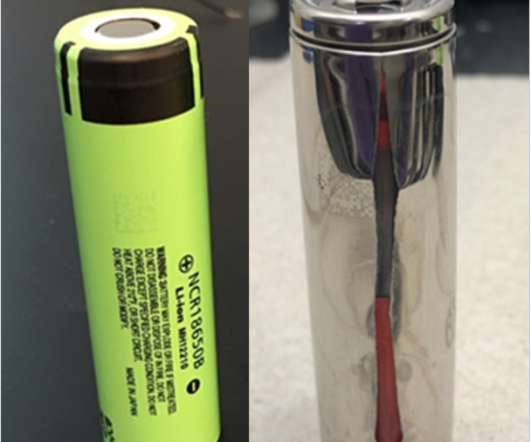







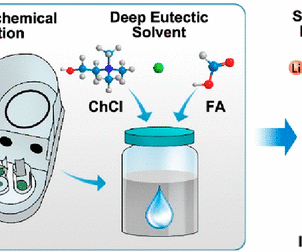











Let's personalize your content